CNC work encompasses all tasks associated with and performed through the use of computer numerically controlled machinery, which allows for the fast, efficient and accurate production of precision parts. Popular in a number of industries, this work involves the programming, operation and maintenance of various CNC machines. Read More…
At GrovTec Machining, we pride ourselves on being the go-to destination for precision turned components and screw machine products. When it comes to fulfilling your machining needs, you need not look any further than our state-of-the-art screw machine shop. Our dedicated team of experienced machinists and cutting-edge equipment allow us to tackle projects of all sizes and complexities.
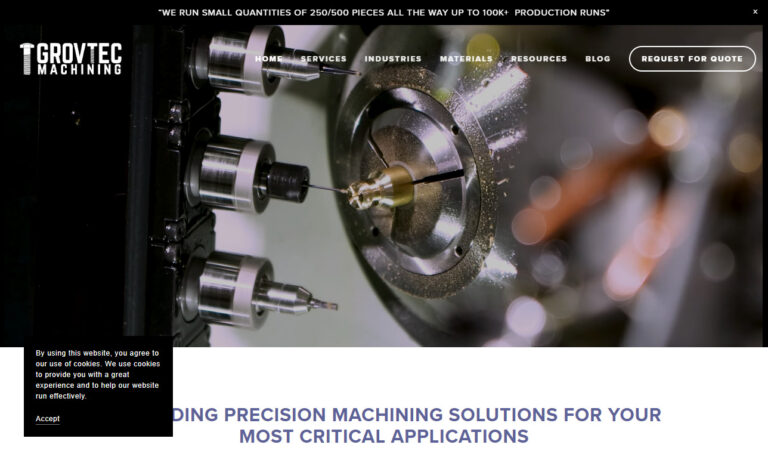
Our advanced CNC machining centers are equipped with the latest technology, enabling us to produce intricate and accurate parts with tight tolerances. Our team of skilled programmers and machinists can efficiently handle both small and large production runs, delivering exceptional results every time. Whether it's prototyping or full-scale production, we are committed to meeting your CNC machining ...
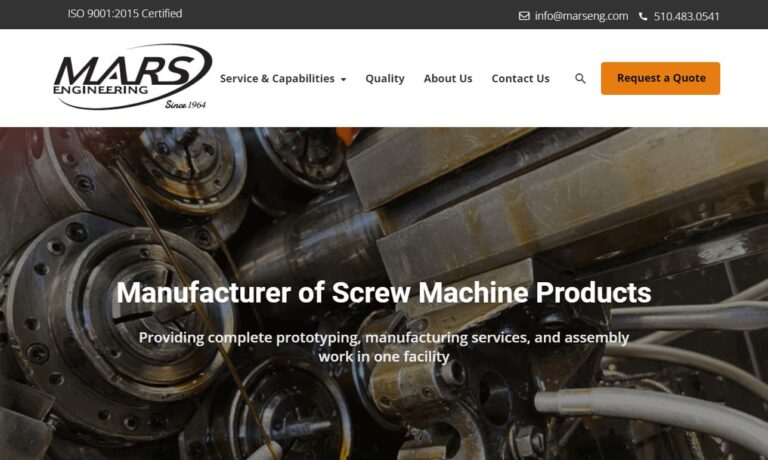
With nearly 40 years industry experience, we have what it takes to satisfy your every need. We are committed to our CNC machining quality, as our ISO 9001:2008 certification shows.

H & R is a custom manufacturer of high volume superior parts, providing CNC machining for tight tolerance and also lower volume applications too.
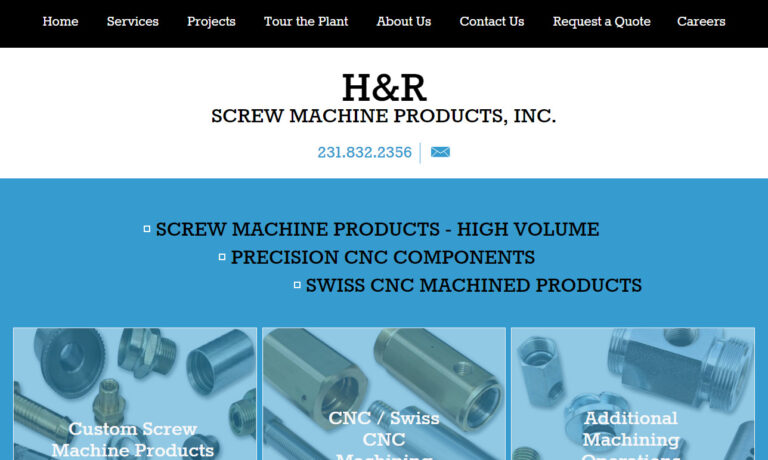
Thuro Metal Products is a CNC machining service provider. Our expertise is in the utilization of CNC controlled turning and milling machines as well as multi-spindle, single spindle, and Swiss screw machines.

More CNC Work Manufacturers
Specific CNC working operations include but are not limited to grinding, drilling, milling, cutting, broaching and pressing. Machinists in this field must understand the engineering necessary for product design as well as possess a keen knowledge of computer programming pertaining to each of these machining processes. CNC work should be performed by well trained professionals.
Modern machine shops and mass production facilities as well as prototype machining organizations in such varied industries as aerospace, avionics, automotive, agriculture, food and chemical processing, pharmaceutical, military and defense frequently utilize CNC manufacturing in daily operation. The work performed by these facilities should comply with regulations set forth by the International Organization for Standardization.
ISO 9001:2000, ISO 13485:2003, ISO 14001 and ISO/TS 16848:2002 in particular relate to and define industry specific quality standards regarding CNC machining. In addition to certification, the capabilities of a specific CNC machine shop should be considered with regards to production specifications and product requirements. Considerations include dimensions, production volume and materials.
Large and small parts produced in continual or short run operations and made of virtually any material including glass, metal, plastic, ceramic or stone can be manufactured through the use of CNC. No matter the specifications, all CNC work begins with the use of specially developed software. Computer assisted design (CAD) and computer aided manufacturing (CAM), in addition to programs such as photo imaging, allow machinists to develop the schematic and measurements of a specific part.
This information is uploaded into advanced computer software that translates it into CNC code. While several computer languages may be used, G-code is universally recognized by CNC software. The raw material, usually in billet or other stock form, is then loaded into the machine. Often a lathe is used allowing the part to be turned and rotated as needed to complete machining.
The computer then activates a series of commands based on the coding. This dictates the behavior of the machinery, enacting a sequential processing operation. One or more different machines may be needed, each of which should be carefully supervised by a trained CNC professional. The CNC work results in high precision identical parts produced in rapid succession, a process that would take much longer if performed manually.

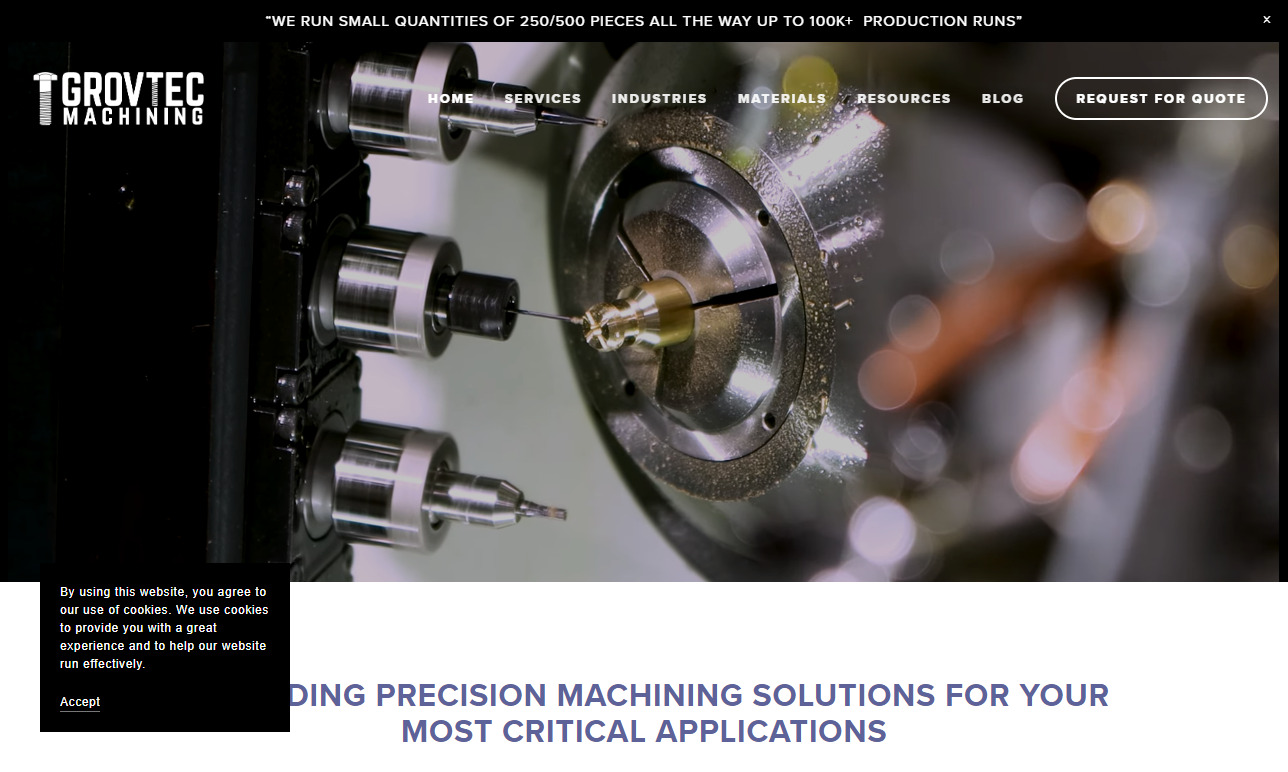
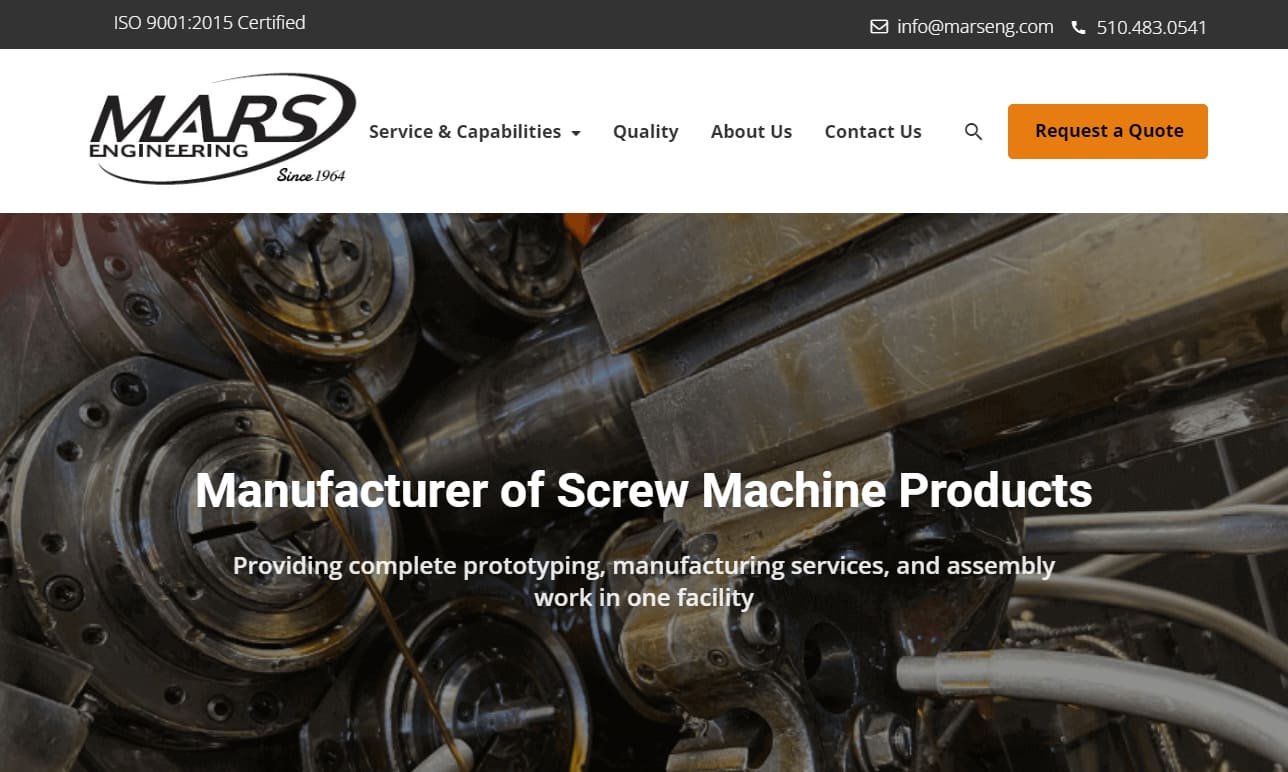

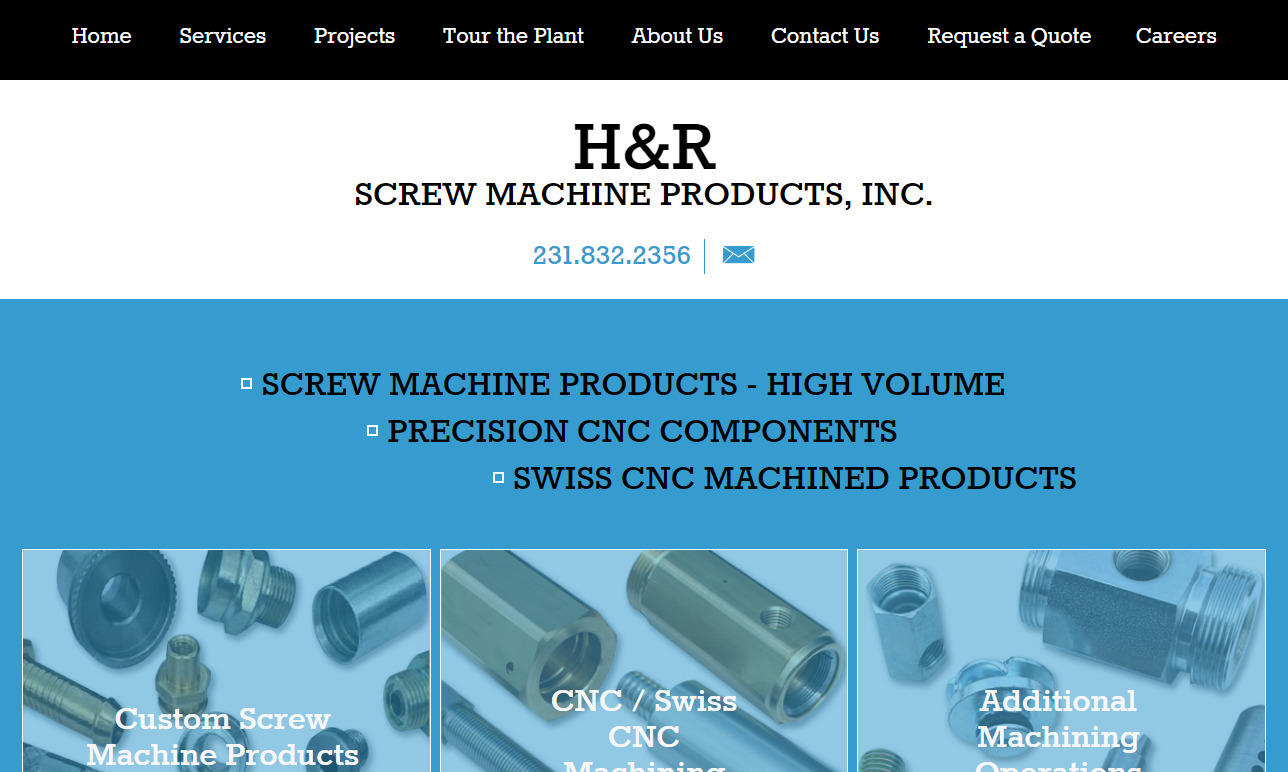

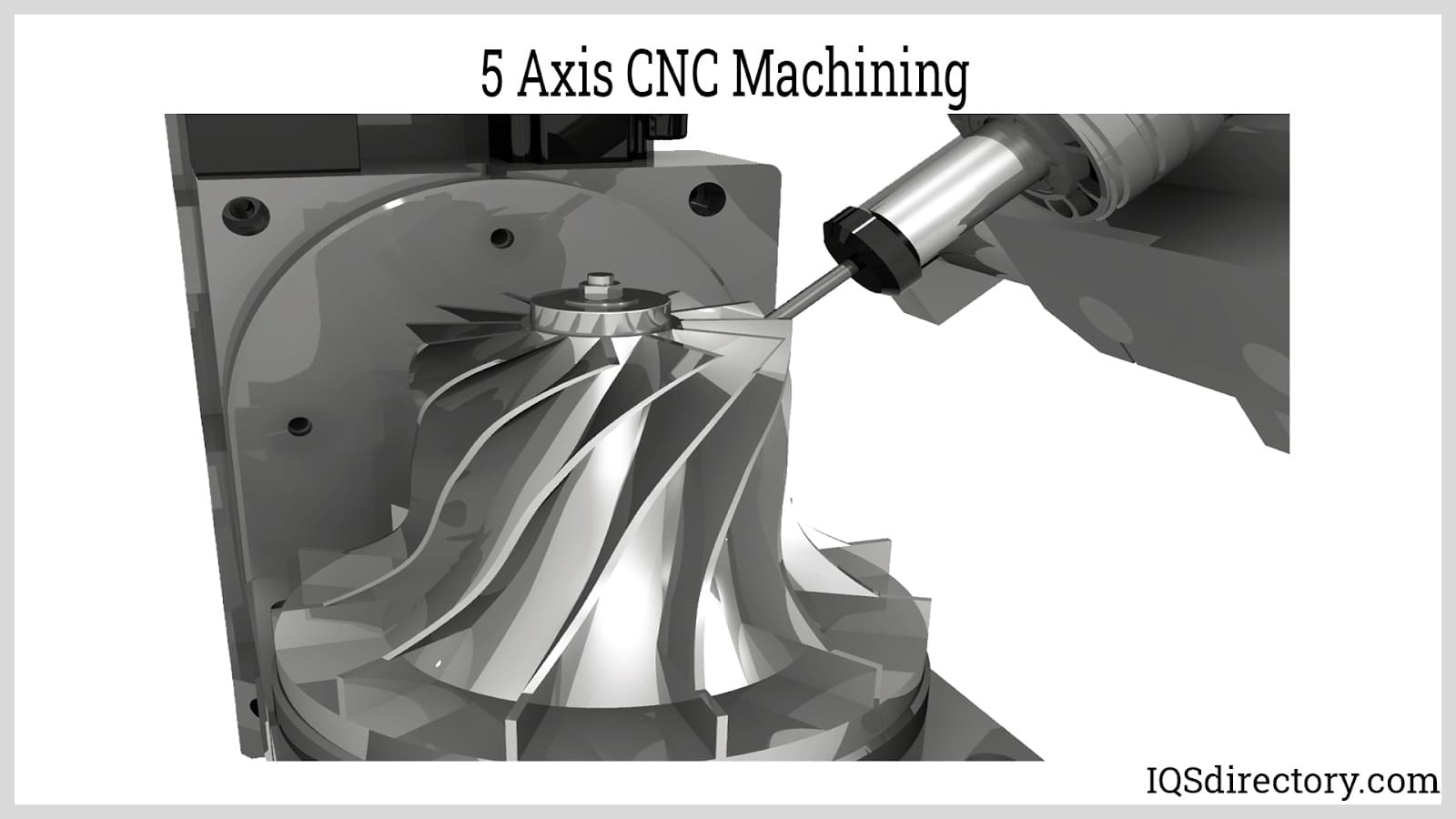
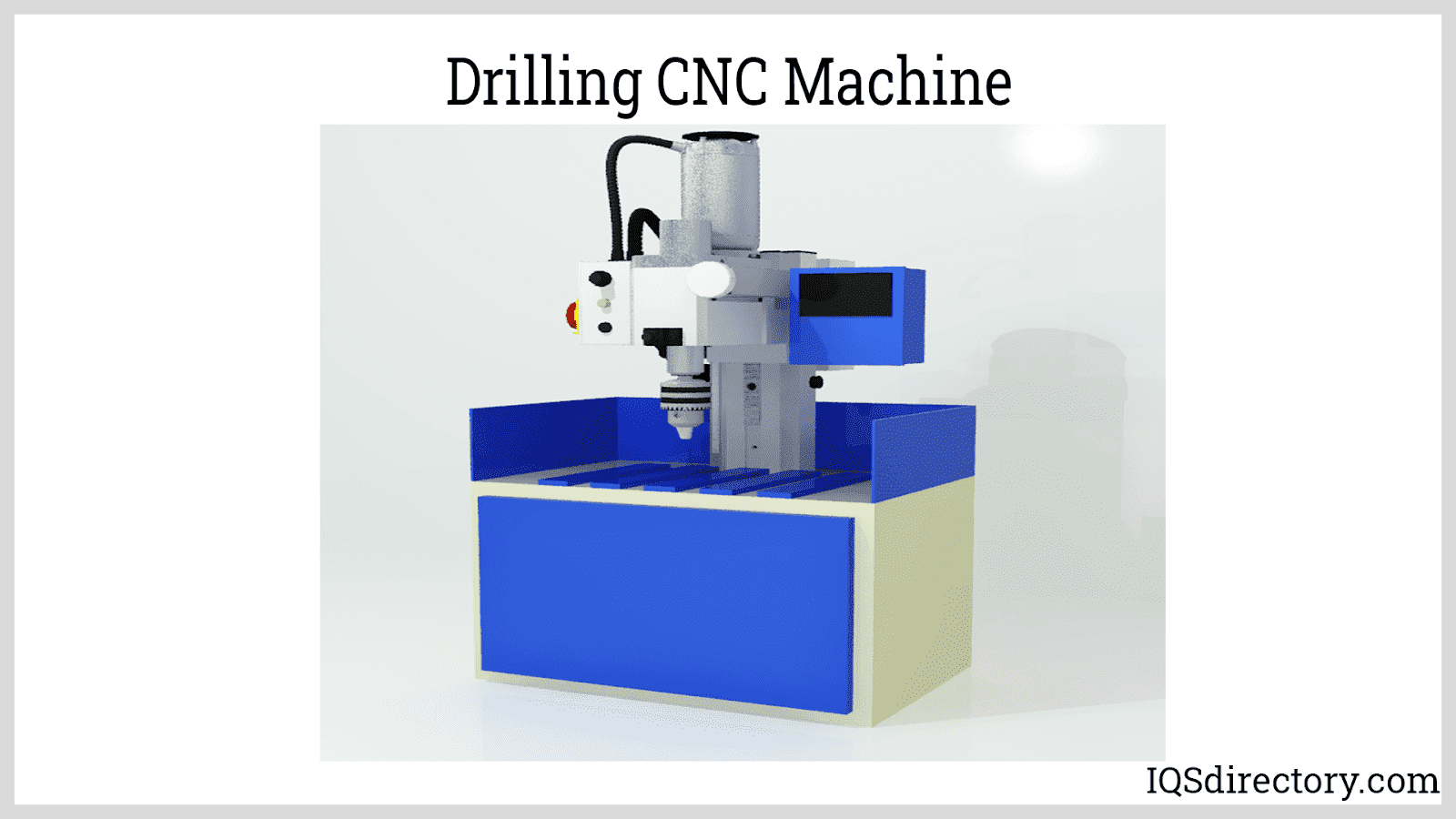
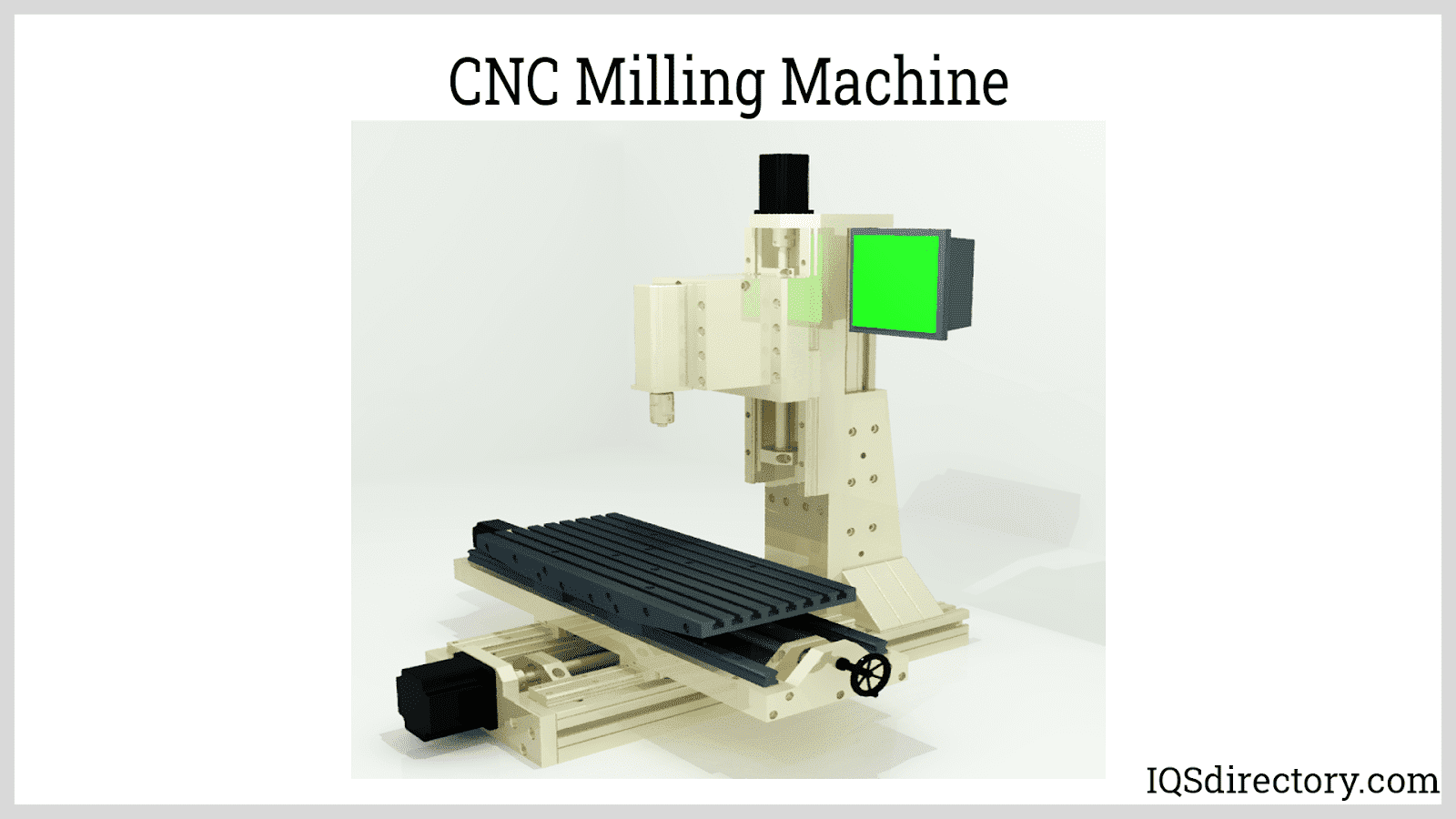
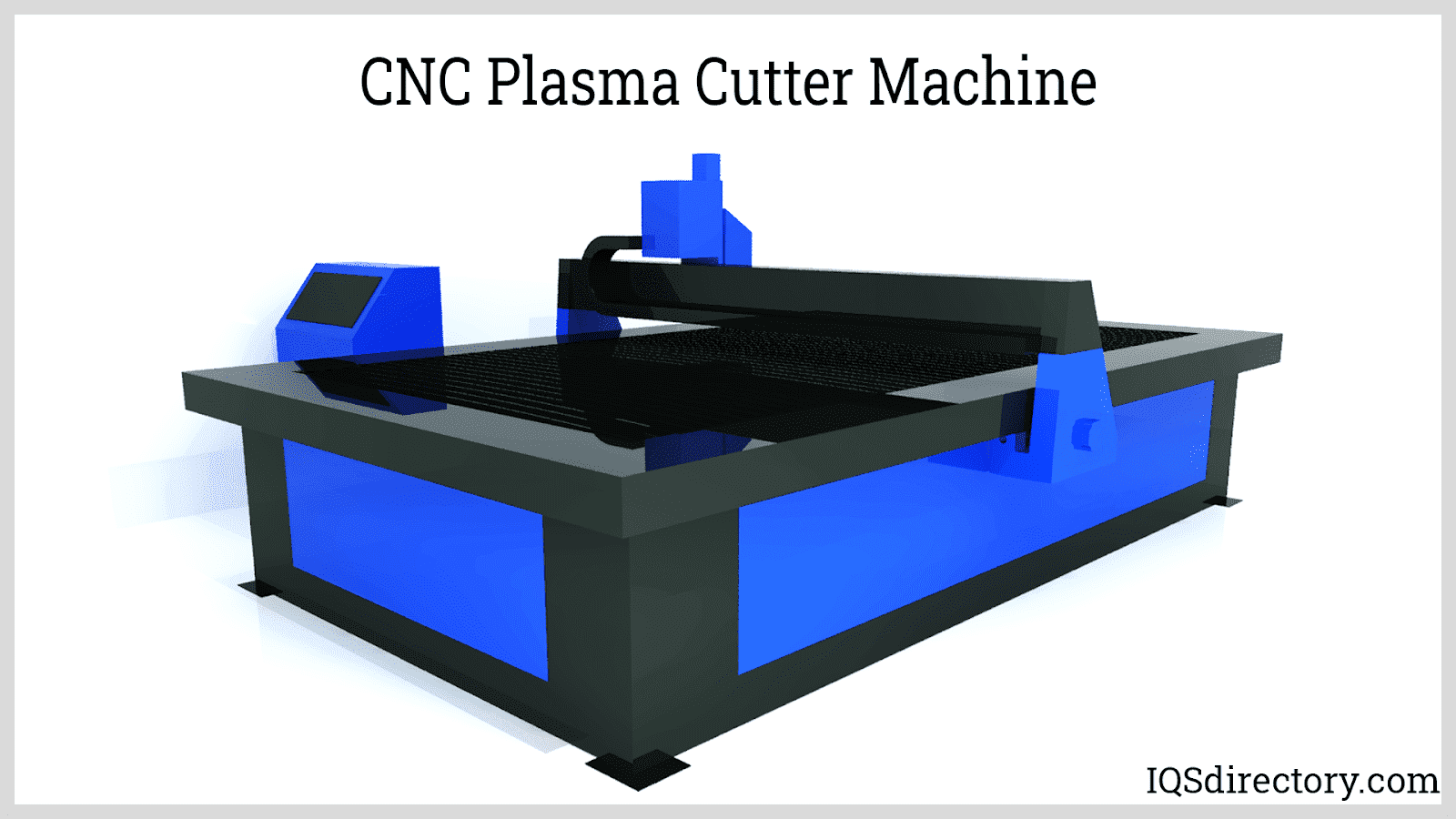
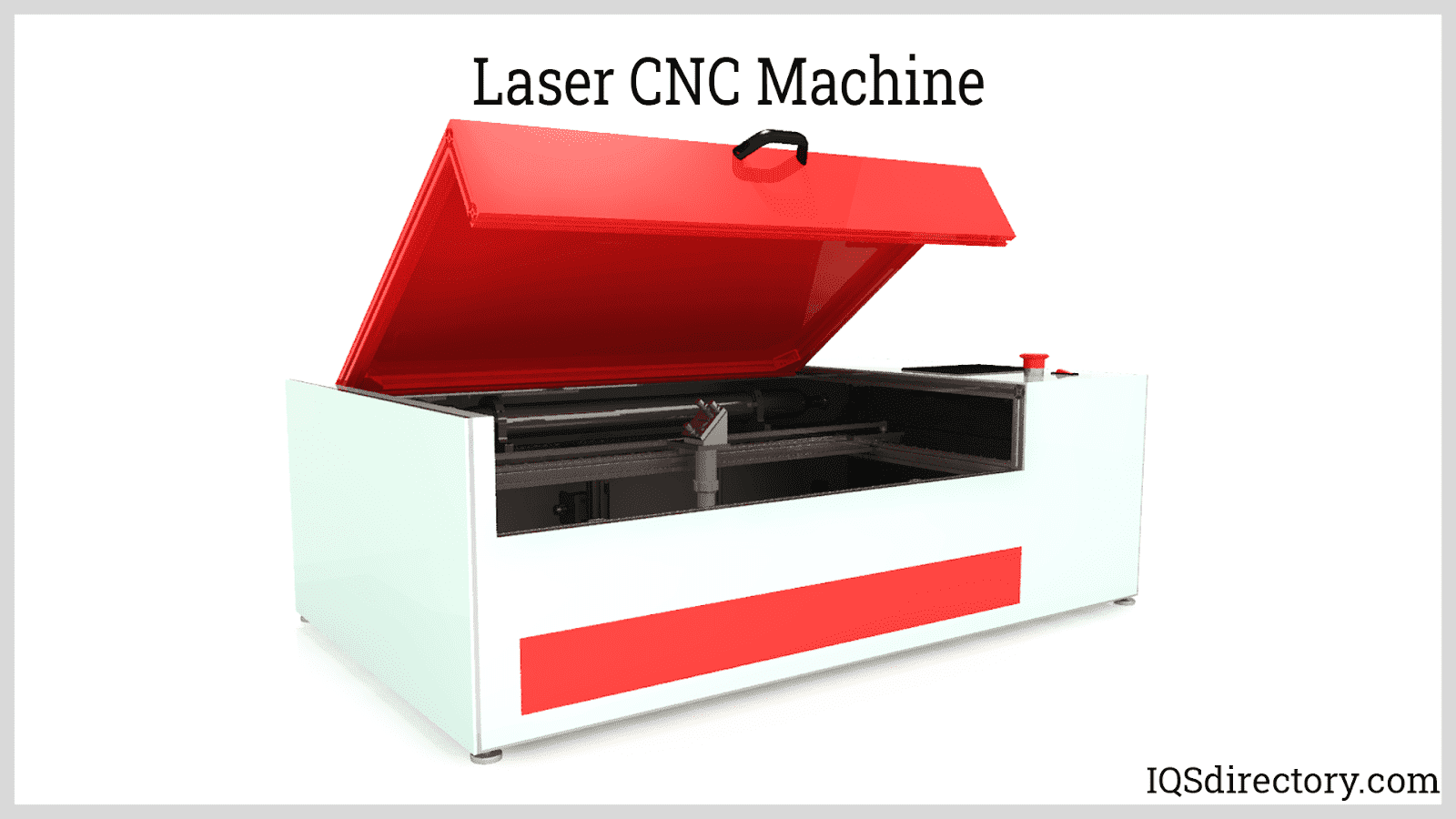
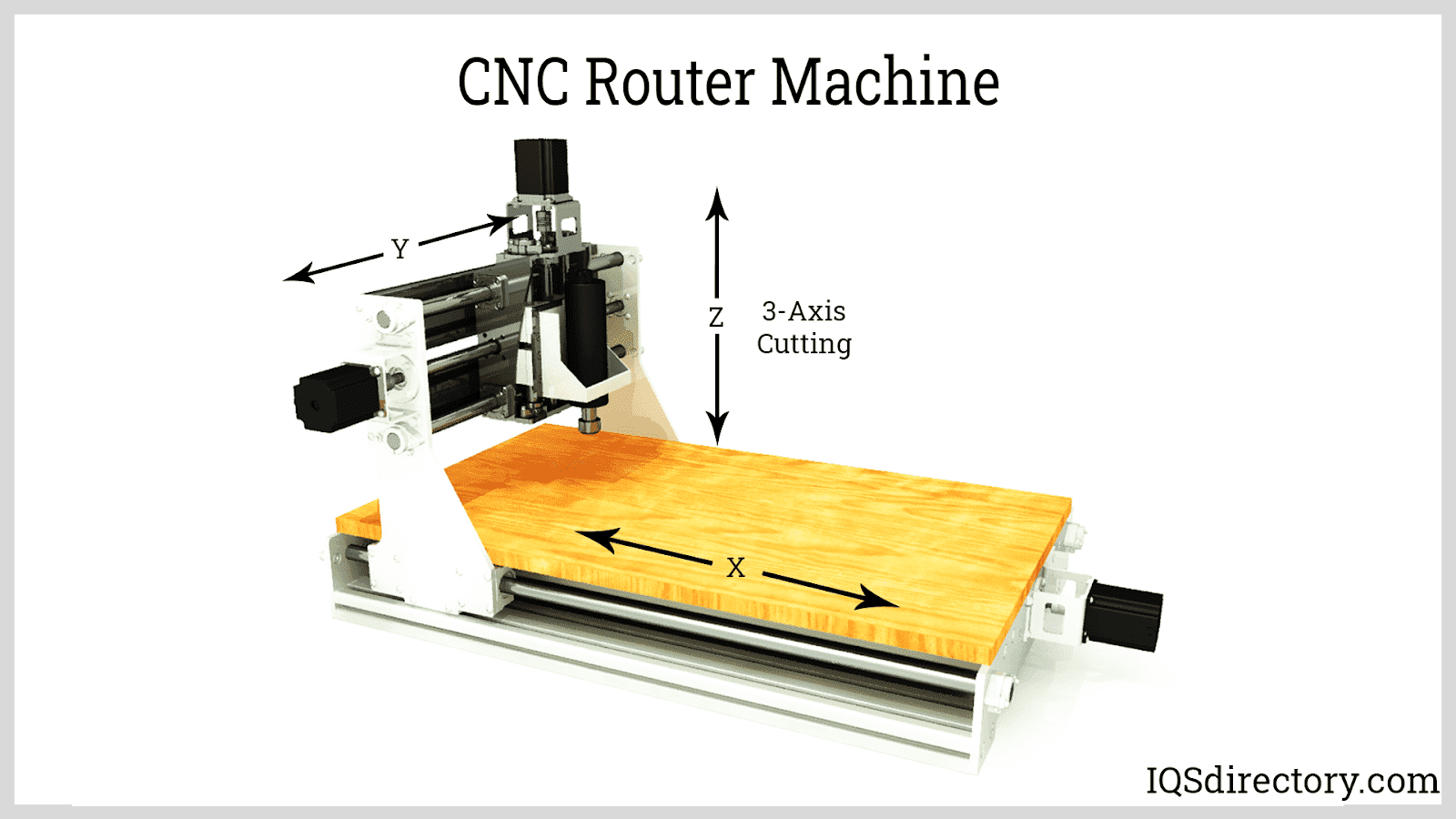
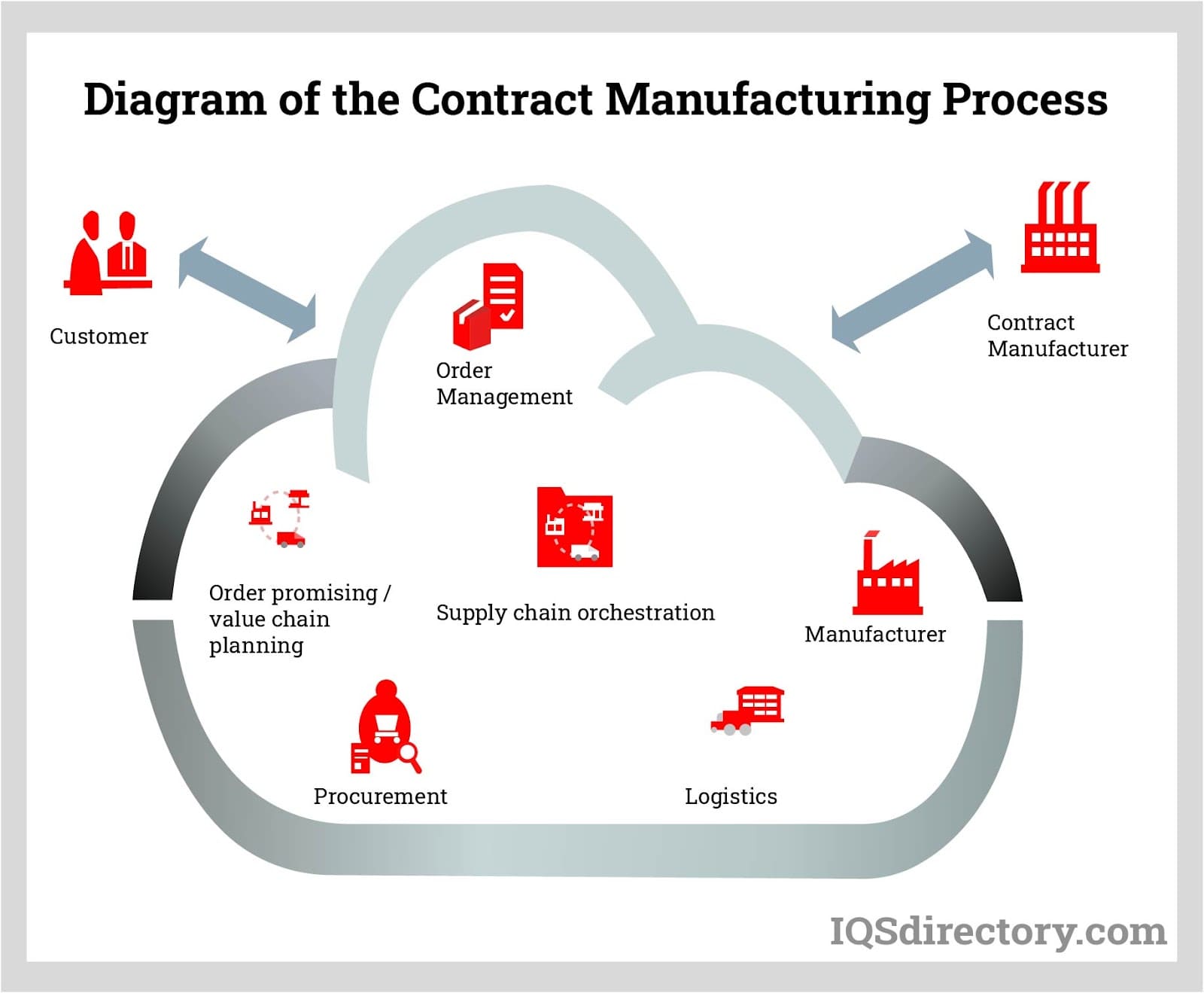
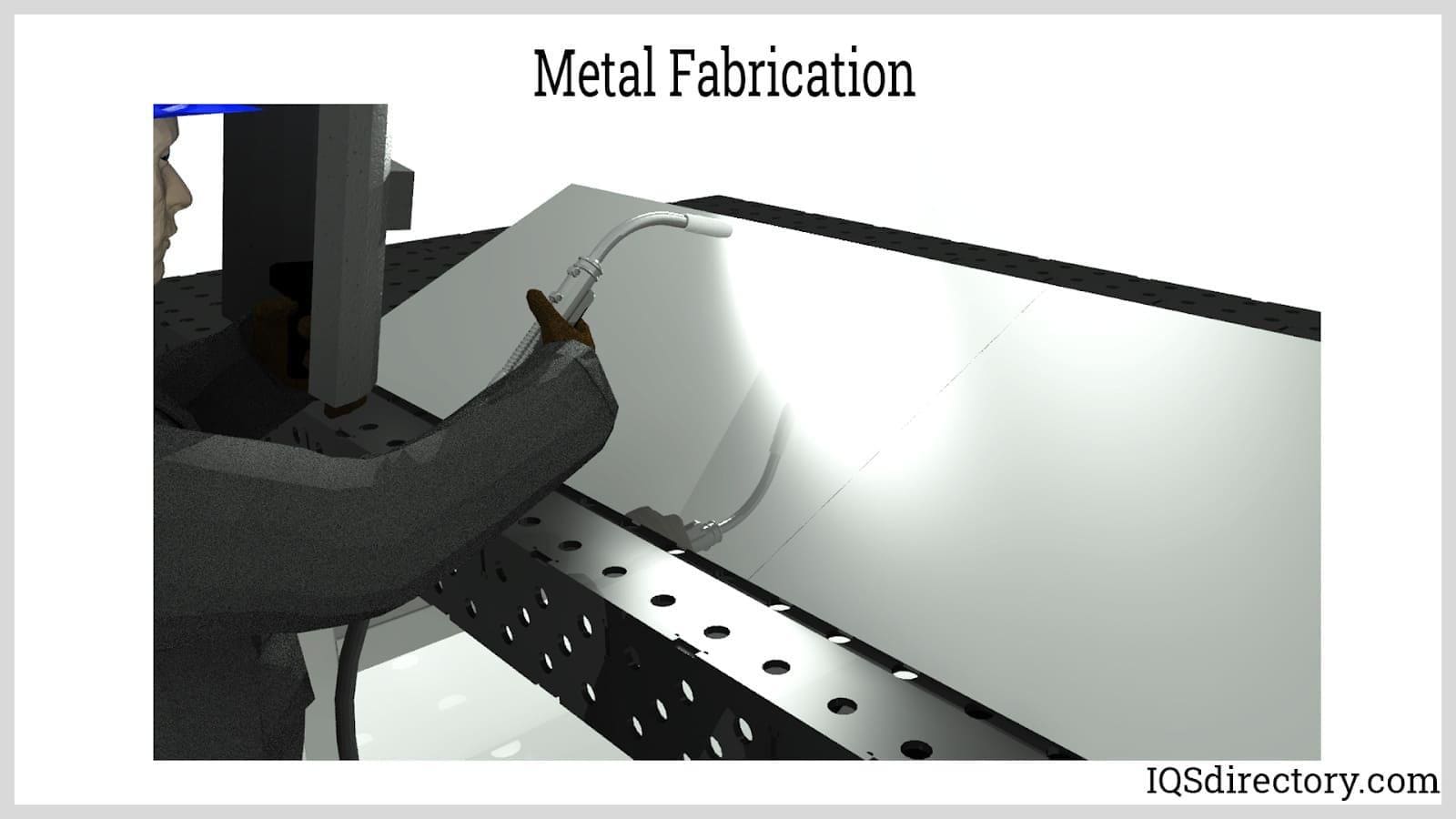
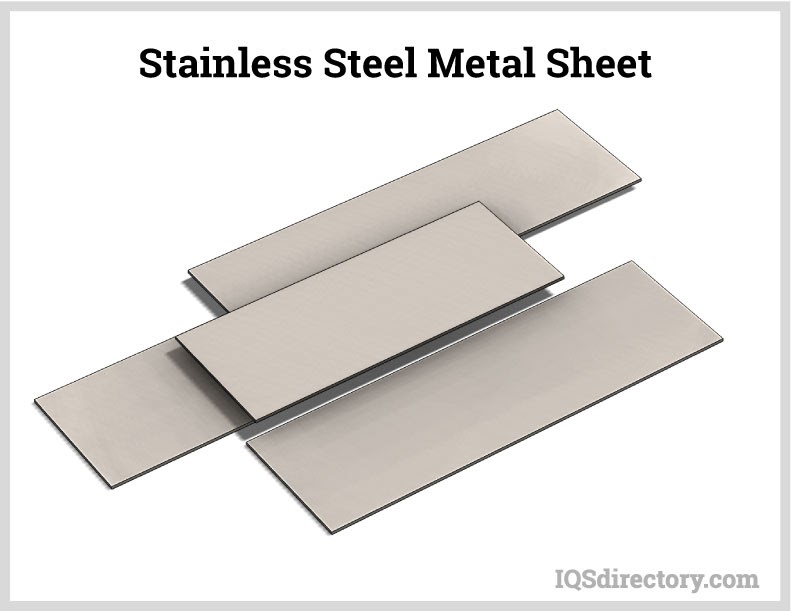
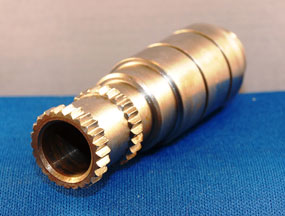 Broaching
Broaching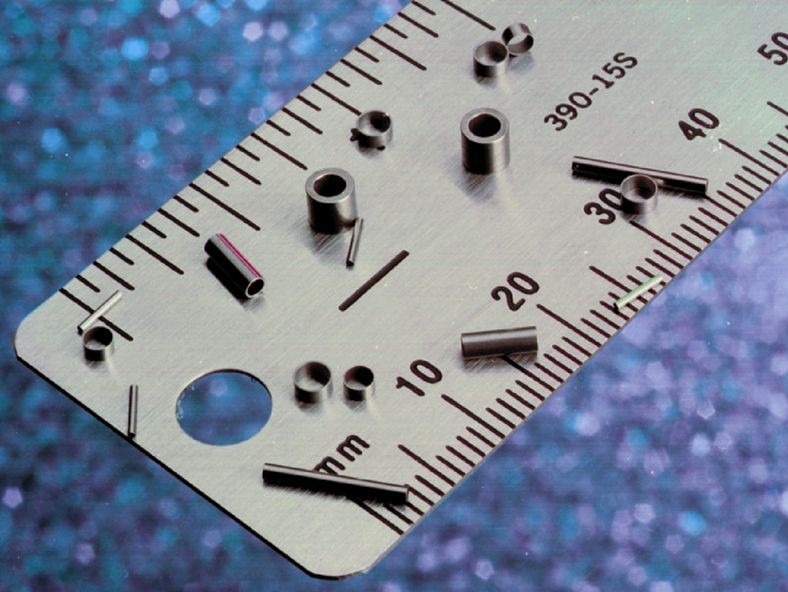 CNC Machining
CNC Machining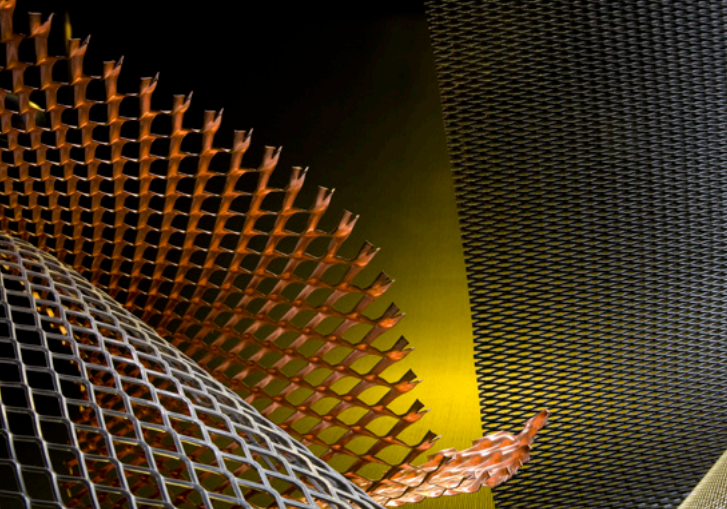 Expanded Metals
Expanded Metals Laser Cutting
Laser Cutting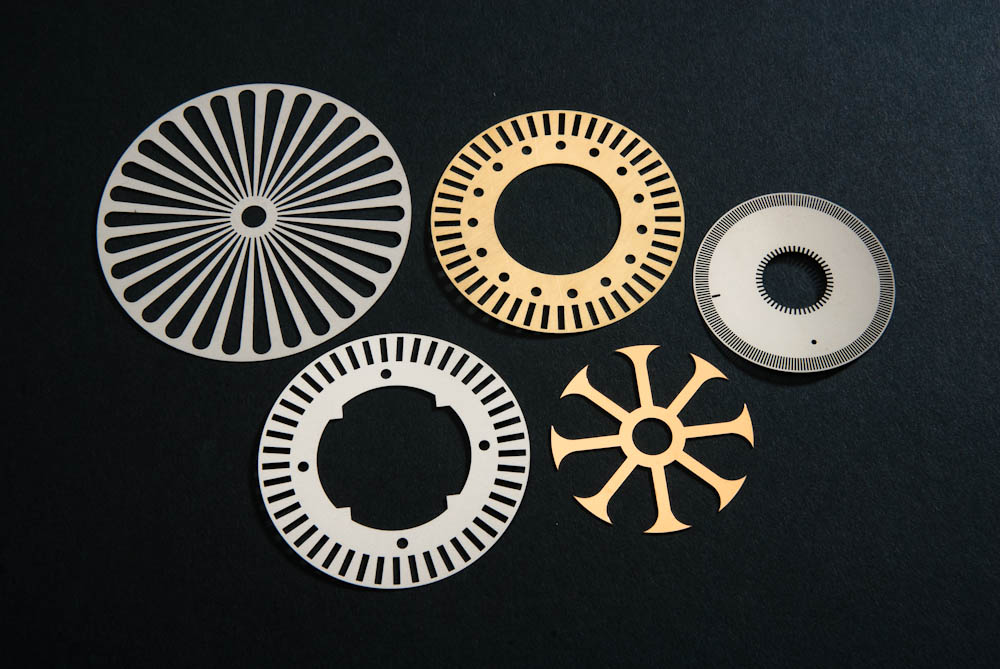 Metal Etching
Metal Etching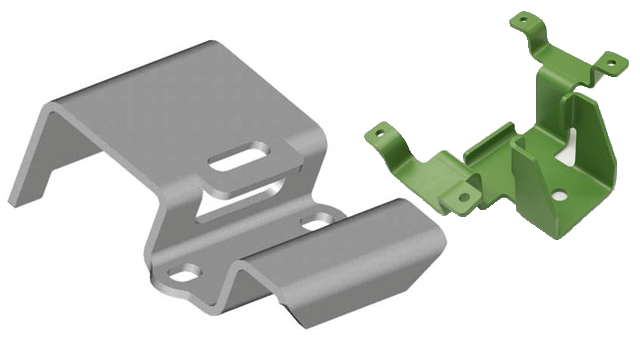 Metal Fabrication
Metal Fabrication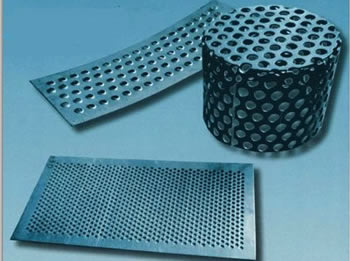 Perforated Metals
Perforated Metals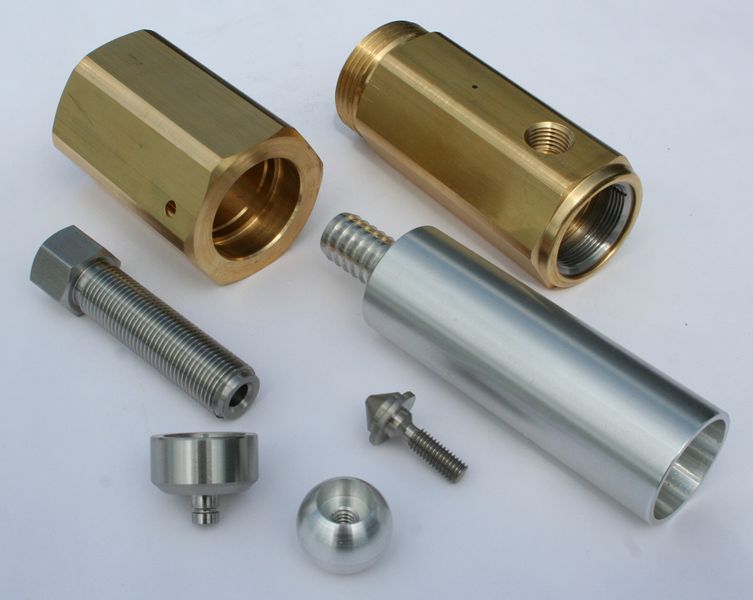 Screw Machine Products
Screw Machine Products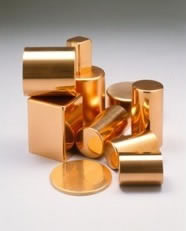 Metal Stampings
Metal Stampings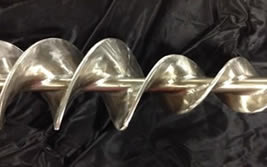 Sheet Metal Fabrication
Sheet Metal Fabrication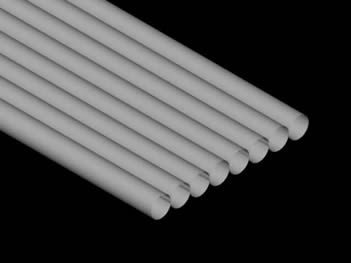 Tube Fabrication
Tube Fabrication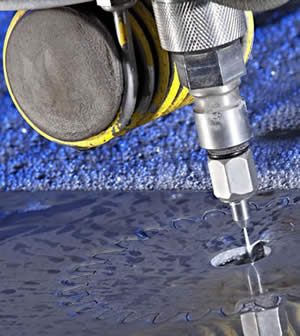 Water Jet Cutting
Water Jet Cutting Castings & Forgings
Castings & Forgings Bulk Material Handling
Bulk Material Handling Electrical & Electronic Components
Electrical & Electronic Components Flow Instrumentation
Flow Instrumentation Hardware
Hardware Material Handling Equipment
Material Handling Equipment Metal Cutting Services
Metal Cutting Services Metal Forming Services
Metal Forming Services Metal Suppliers
Metal Suppliers Motion Control Products
Motion Control Products Plant & Facility Equipment
Plant & Facility Equipment Plant & Facility Supplies
Plant & Facility Supplies Plastic Molding Processes
Plastic Molding Processes Pumps & Valves
Pumps & Valves Recycling Equipment
Recycling Equipment Rubber Products & Services
Rubber Products & Services